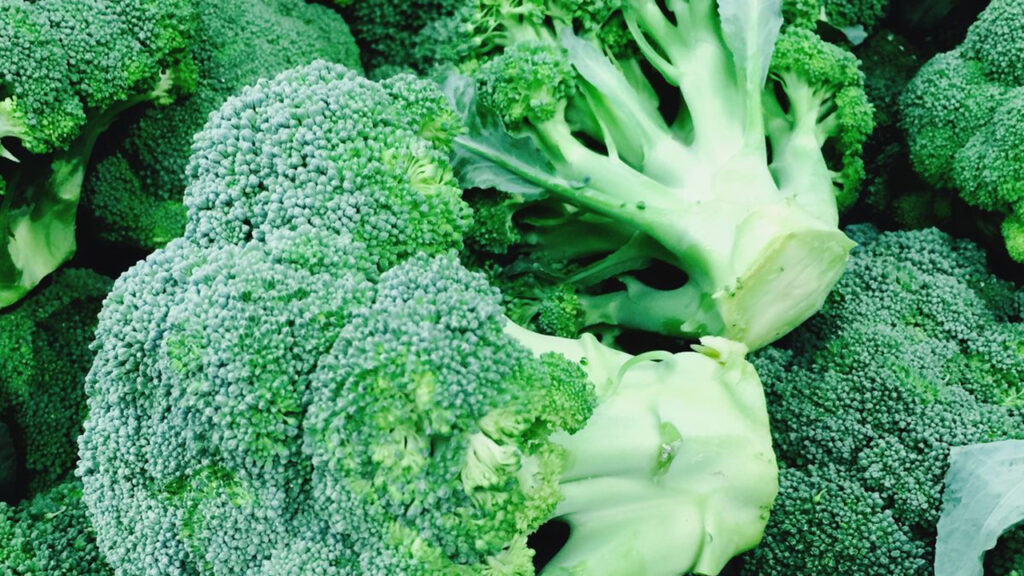
A group of scientists have discovered that sulforaphane; a molecule from broccoli sprouts can prevent the onset of stroke and increase the medication’s success rate to 60 per cent when added to Tissue Plasminogen Activator (tPA) during treatment.
tPA is a medication designed to treat specific stroke types caused by blood clots blocking brain vessels. It acts like a molecular plumber, dissolving the clot to reopen the vessel and restore blood flow. However, enzymes and chemicals released from the dissolved clots can activate platelets, potentially causing new clots forming at a similar position.
Experts from Heart Research Institute in New South Wales, Australia, estimate that only about 10 per cent of stroke survivors make a full recovery with others living with impairments or disabilities and so have found that a natural chemical in broccoli may help both prevent and treat stroke.
A stroke is a cardiovascular condition caused by blocked blood flow to the brain (ischemic stroke) or sudden bleeding in the brain (hemorrhagic stroke). There are a lot of things that can increase the risk of developing a stroke but how quickly therapy is administered and its effectiveness has a large effect on a person’s recovery after a stroke.
According to the World Health Organisation (WHO), the Global Stroke Fact Sheet released in 2022 reveals that the lifetime risk of developing a stroke has increased by 50 per cent over the last 17 years and now 1 in 4 people is estimated to have a stroke in their lifetime.
According to the lead author of the study, Dr. Xuyu Liu, “Stroke imparts a significant economic burden on the health system and about 85 per cent of these cases arise from a blood clot obstructing an artery leading to the brain, depriving the brain of essential nutrients,” he said.
Liu continued that despite how big the burden of stroke is, that there is only one therapeutic agent, called tPA, which has been approved to dissolve these clots, but its efficacy is sub-optimal with success rates below 20 percent.
He explained that broccoli and other cruciferous vegetables have evolved to produce a unique class of natural products known as isothiocyanates, renowned for their chemopreventive and neuroprotective properties. He said: “This prompted our curiosity about whether these natural gifts could address a pressing issue in stroke treatment; finding a safer and more effective blood thinner to synergize with tPA.
“Many blood thinners have been investigated in conjunction with tPA to enhance vessel clearance; however, they unfortunately elevate the risk of brain bleeding which is the most feared complication of tPA therapy. Therefore, identifying blood thinners that can improve the clot-busting potential of tPA, without causing excess bleeding, would represent a major advance in the treatment of stroke,” he explained.
Speaking about his team’s discovery, Liu said, “It uniquely inhibits platelet aggregation under pathological conditions without causing significant bleeding in preclinical models, tripling tPA’s effectiveness and slowing bad clot formation leading to stroke.”
He continued, “The significant increase in the success rate without noticeable bleeding was surprising. This synergistic effect rivals that of top-performing anticoagulants and antiplatelet agents in this field; however, it does not impair the formation of life-saving clots, a capability not being able to be achieved by existing blood thinners tested with tPA.”
The study which recently got published is not the first study looking at cruciferous vegetables and heart health; research published in May 2020 known as the study correlated higher cruciferous vegetable consumption to lower cardiovascular disease risk. Additionally, the researchers reported that during initial testing, once broccoli-derived molecules were administered they helped slow down the onset of stroke.












